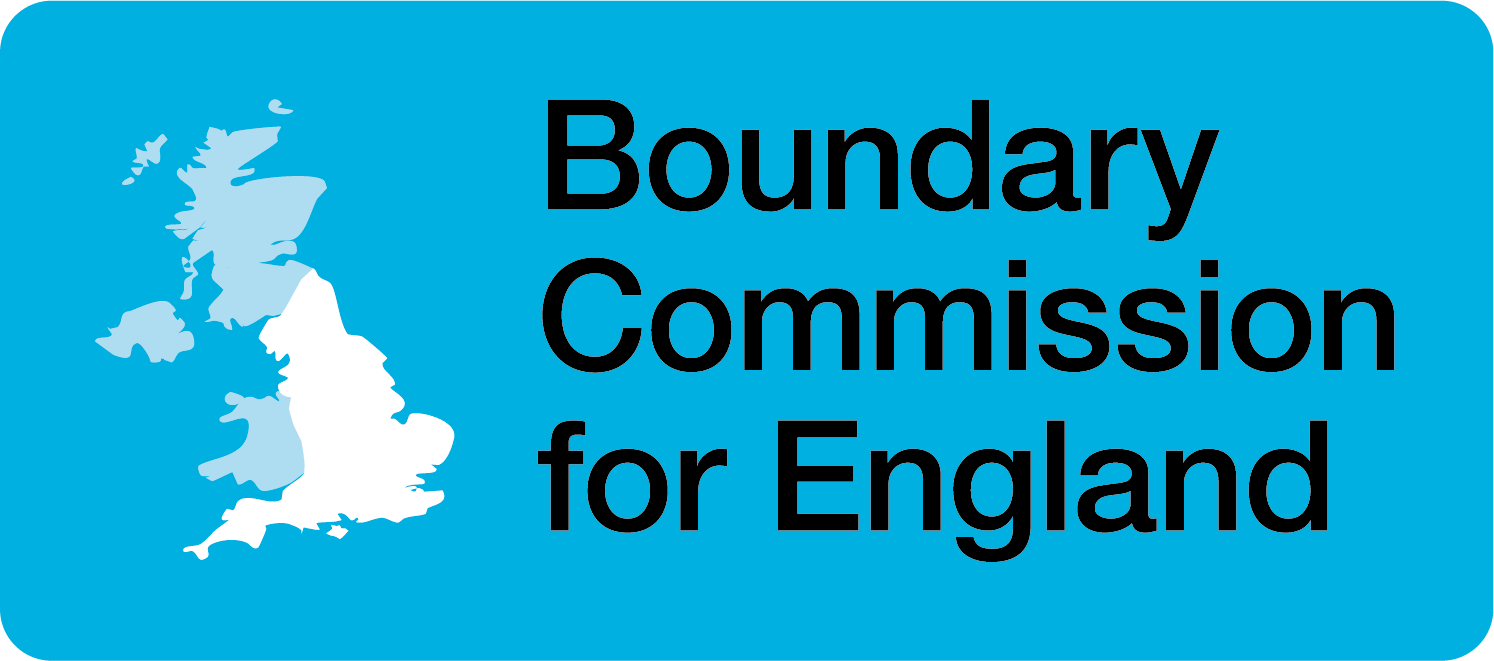Preparing for public hearings
The Boundary Commission for England’s public hearings are a crucial part of the 2018 Boundary Review. They form part of our initial consultation, when the public can, for the first time, tell us what they think about the new map of constituencies that we have proposed.
Public hearings are everybody’s chance to talk directly to one of our Assistant Commissioners, and tell them what they like about the proposals, what they don’t like – and why. This review we’re holding 36 two-day public hearings (that’s over 500 hours of public hearings) across England and will hear from political parties, councillors, local residents, campaign groups, local businesses and MPs to name but a few. Counter-proposals will be put before us, presentations will be delivered, speeches given – and who knows we might even get a video or two!
All of this is vital evidence (nearly two-thirds of our proposals were changed at the last review as a result of the consultations), which must be properly recorded. To achieve this and make the process as transparent as possible we will be videoing all the hearings and publishing them on YouTube later in the review so that people who can’t get to the hearings can see what others have said.
As I’m sure you can imagine this take some organising – and that’s where I come in. I’m responsible for making sure we have venues for the hearings; that our equipment, staff and Assistant Commissioners are in the right place at the right time and ready to listen to, and support you in delivering, your representations; that we have top quality videographers on-board; and that at the end of it all the evidence comes back safely to our offices.
For me this has meant booking hotels, visiting venues, arranging couriers, sourcing external support, ordering equipment, liaising with various organisations and planning train journeys. This would be a challenge if dealing with just one person but I’m looking after 20 members of staff, 21 Assistant Commissioners and 14 videographers at 36 public hearings that are all running simultaneously over five weeks!
On top of this we’re constantly thinking about you, the public. We want to choose locations that are spread across the regions and are easy to get to so that as many people as possible can attend and have their say. The venues need to be able to accommodate large groups, have good facilities and open late to give you the opportunity to attend a hearing after work.
Much to my amazement (although I’m reliably told by colleagues they never doubted my ability to pull this off) everything has come together and the public hearings have got off to a flying start. I attended the first public hearing in Manchester, and while there were teething problems all the staff pulled together and the event went well – and it goes without saying that I wouldn’t have been able to have done this without my colleagues.
Attending some of the first public hearings has shown me that our hard work was well worth it as this is a very valued consultation platform for many different parts of the public. When I could grab a spare minute, I really enjoyed listening to the speakers delivering passionate representations that highlighted the community’s perspective and brought our proposals to life. I can see why the Commission relies so heavily on both verbal and written representations when considering changes – it’s worth noting both these types of representations are considered equally.
I’m looking forward to attending more of the public hearings and hope to see some of you speaking there – you can book a slot to speak at any of the remaining hearings online. I’ve done my bit, so now it’s over to you to make the most of what I and my colleagues have arranged and have your say!
